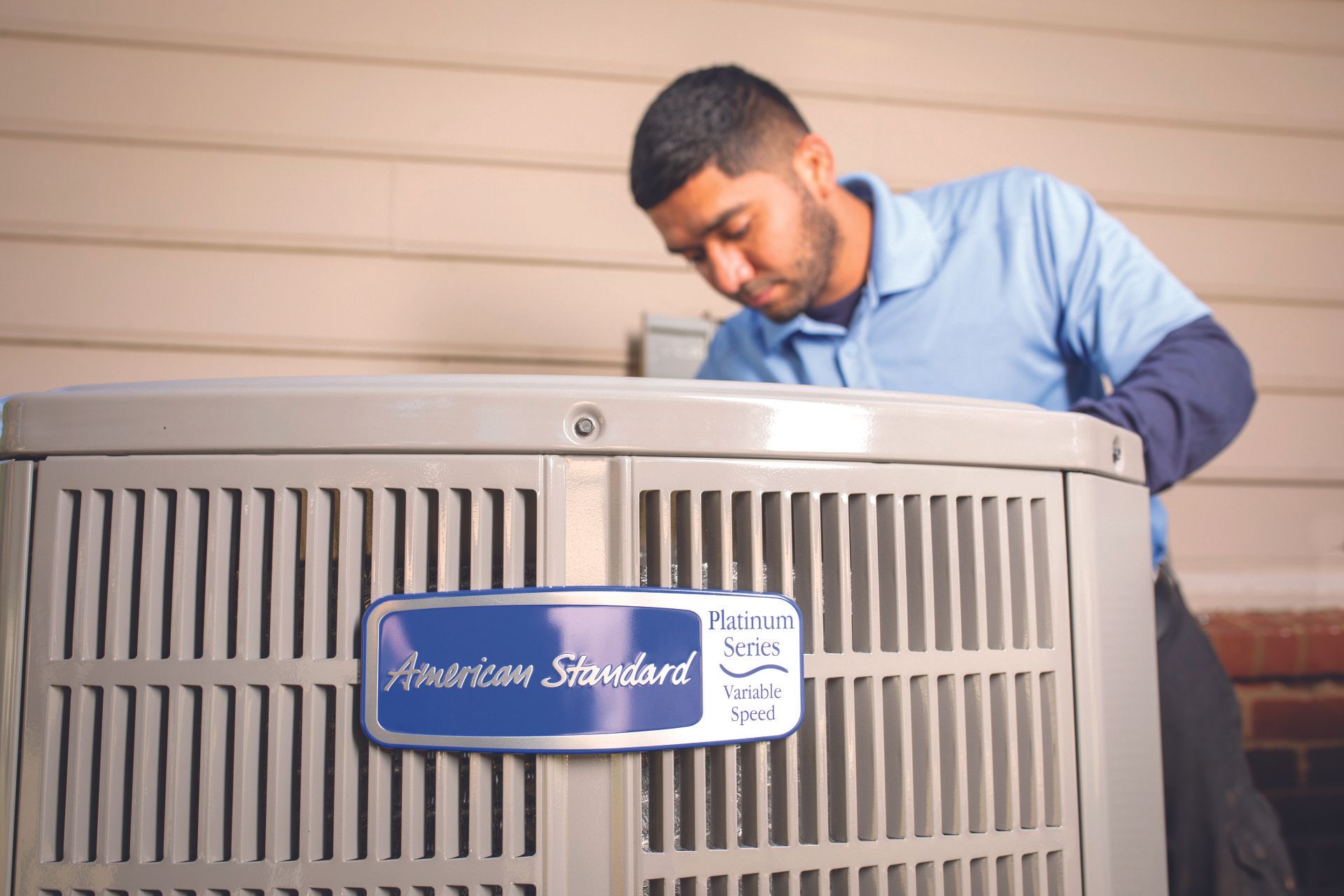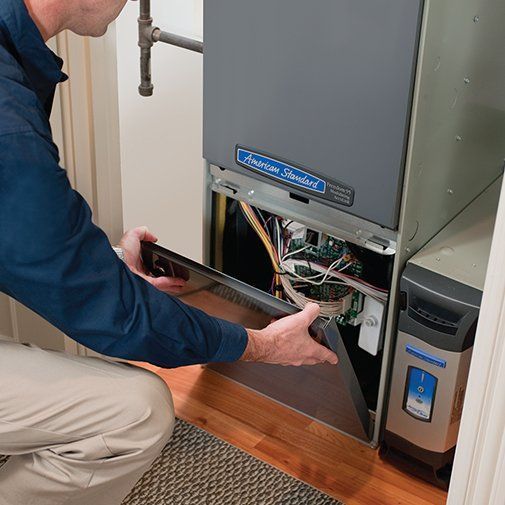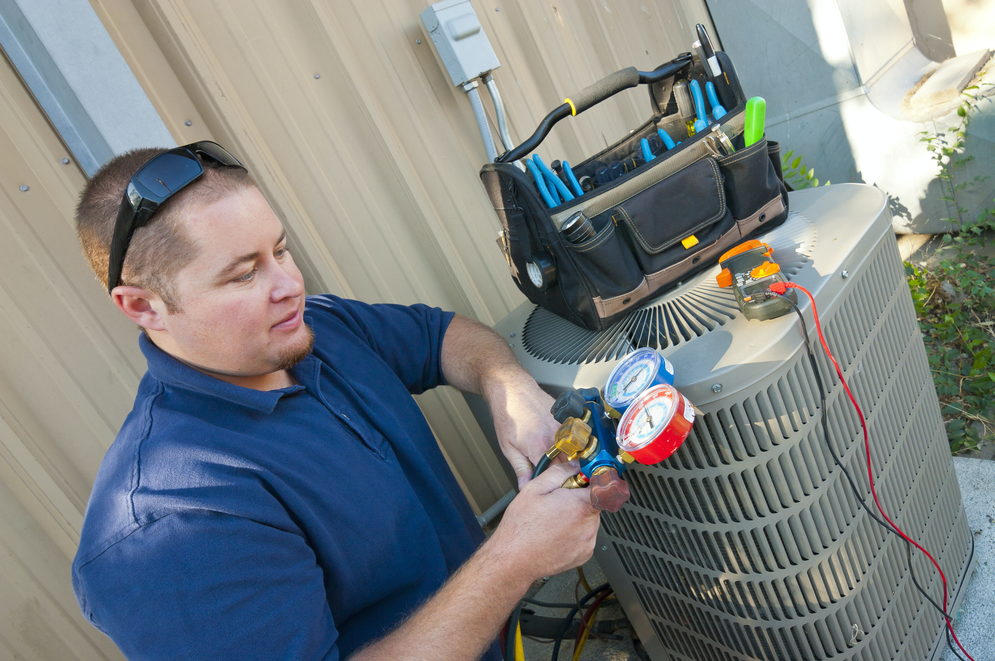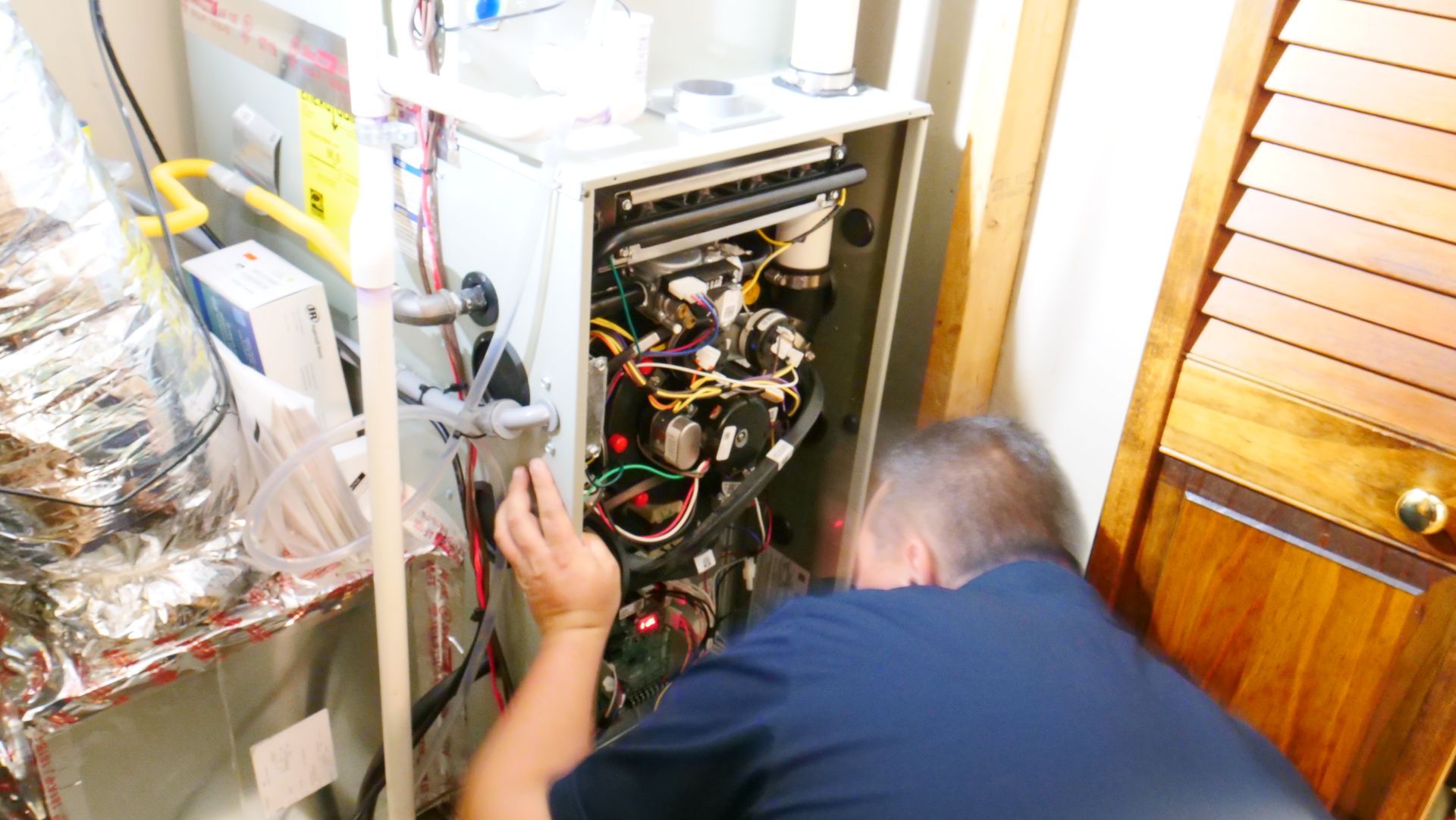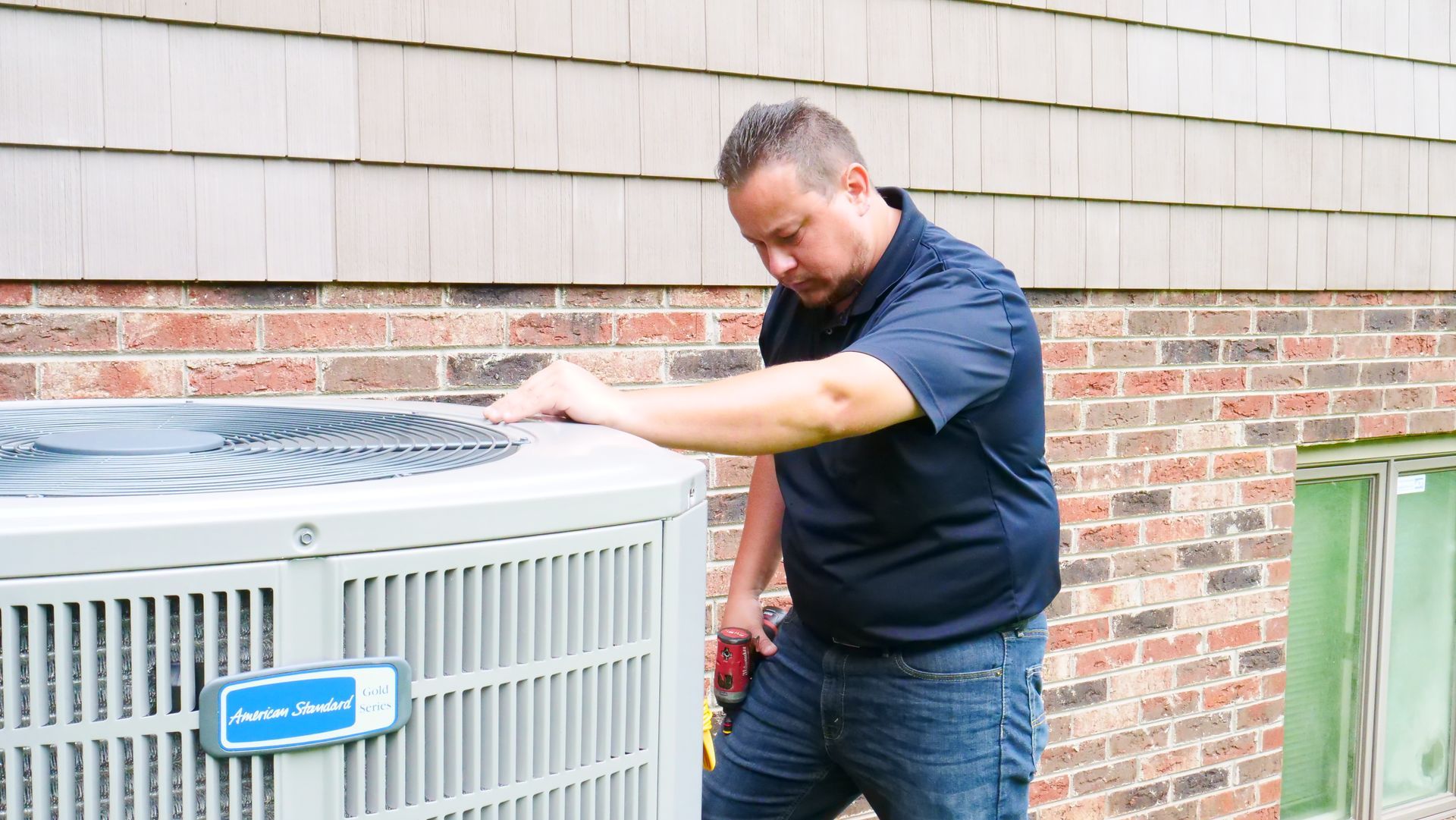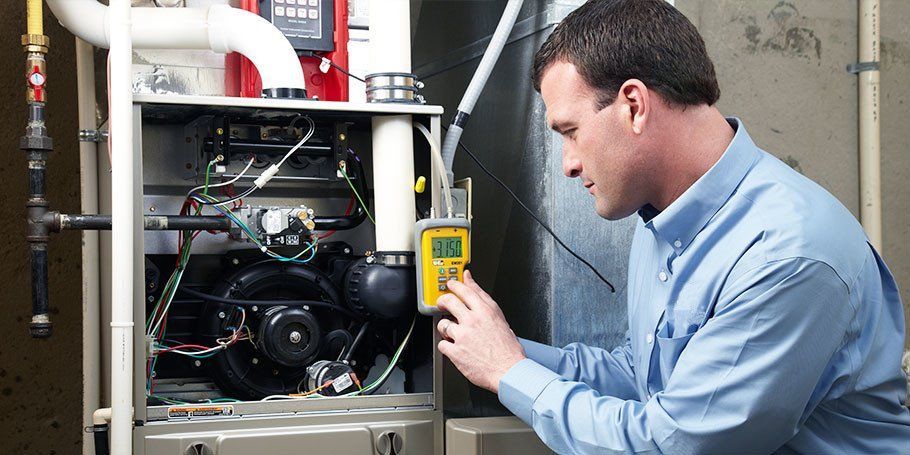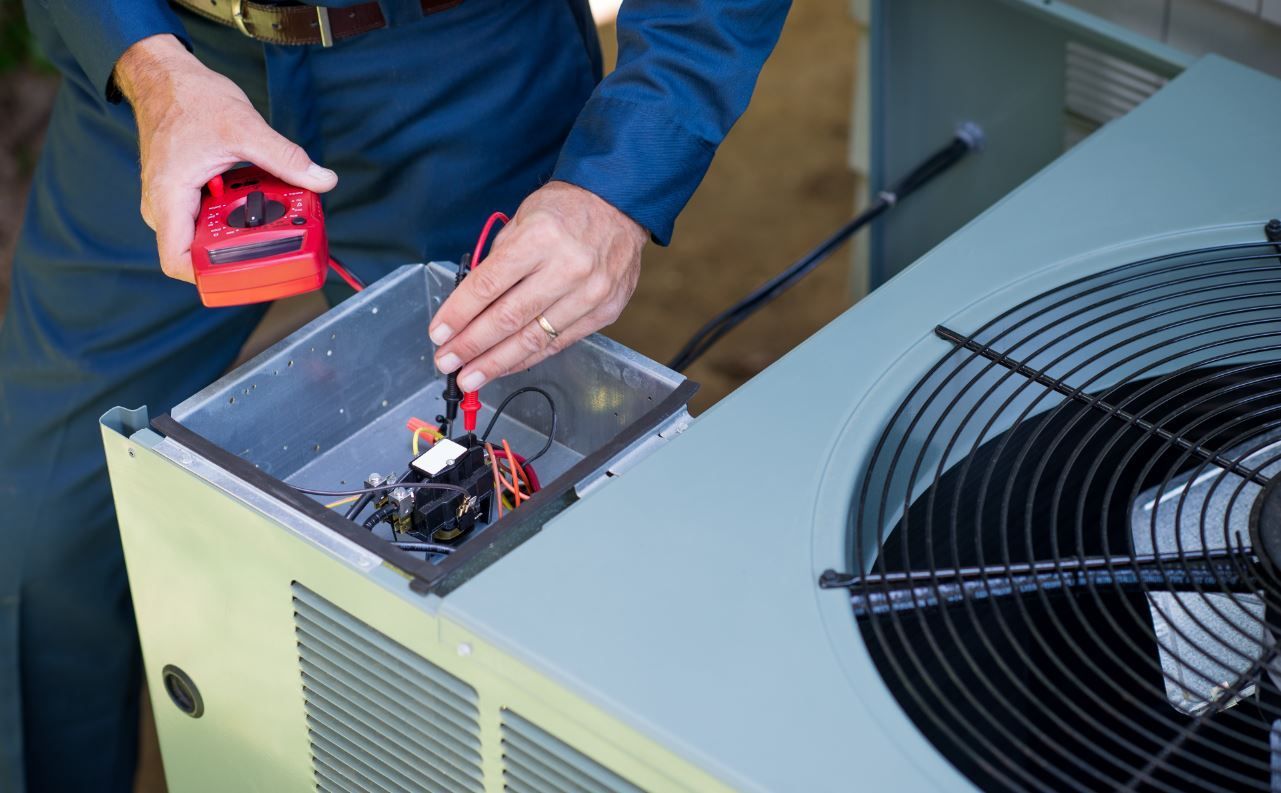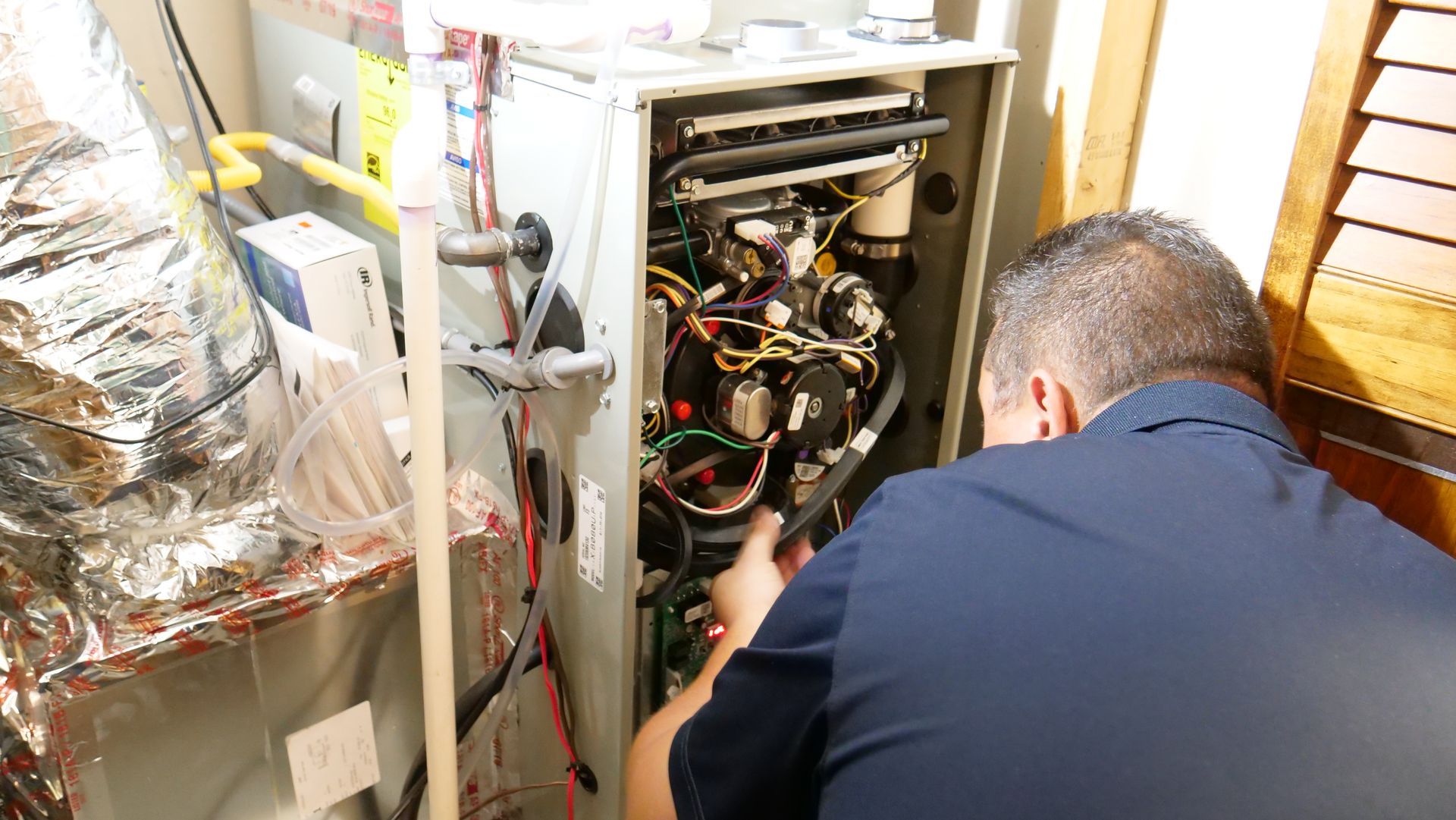How to Troubleshoot Common HVAC Issues This Winter
Winter in Lowell, NC, brings chilly temperatures, making your HVAC system essential for keeping your home warm and comfortable. However, even the most reliable systems can occasionally experience hiccups. While some issues require professional attention, there are several common problems you can troubleshoot yourself.
1. No Heat or Insufficient Heating
If your system isn’t providing enough heat:
- Check the thermostat: Ensure it’s set to “heat” mode and the temperature is higher than the current room temperature.
- Inspect the air filter: A dirty filter can restrict airflow and reduce efficiency. Replace it if it’s clogged.
- Check power sources: Verify the system is receiving power by inspecting the circuit breaker and power switch.
2. Uneven Heating Across Rooms
Cold spots can make your home uncomfortable.
- Check vents and registers: Ensure all vents are open and unobstructed by furniture or curtains.
- Inspect ductwork: Look for any visible damage or leaks that may cause uneven heating.
- Consider zoning: If uneven heating persists, consult Native Air, Inc. about adding a zoning system to your HVAC setup.
3. Unusual Noises
Loud or unusual sounds from your HVAC system can be concerning.
- Banging or clanking: This may indicate loose or broken components in the blower or motor.
- Whistling or hissing: Check for gaps in ductwork or loose connections that might allow air to escape.
- Solution: Turn off the system and call our professionals to prevent further damage.
4. Frequent Cycling
If your HVAC system is turning on and off frequently:
- Inspect the air filter: A dirty filter can force the system to overwork, leading to short cycling.
- Check thermostat placement: If your thermostat is near a heat source (like a fireplace), it may misread the temperature.
- Consider system size: An improperly sized HVAC system can cause frequent cycling. Call us to evaluate if your unit is suitable for your home.
5. Frost on Heat Pump
It’s normal for heat pumps to develop a thin layer of frost, but excessive ice can be problematic.
- Clear debris: Ensure nothing is blocking the outdoor unit, such as leaves or snow.
- Check defrost mode: If the system isn’t defrosting properly, schedule a service call.
- Keep the unit clear: Maintain at least two feet of clearance around your heat pump for proper airflow.
When to Call the Pros
While many HVAC issues can be resolved with basic troubleshooting, some require expert attention. If you’ve tried the above steps without success—or if you notice leaks, persistent odors, or a sudden spike in energy bills—it’s time to contact Native Air, Inc.
Our experienced technicians in Lowell, NC, are here to keep your system running smoothly all winter long. With timely repairs, preventative maintenance, and expert advice, we’ll ensure your home stays warm and comfortable no matter how cold it gets. Don’t let HVAC problems disrupt your winter comfort. Call Native Air, Inc. at 704-824-0380 or schedule an appointment online to get the help you need.
